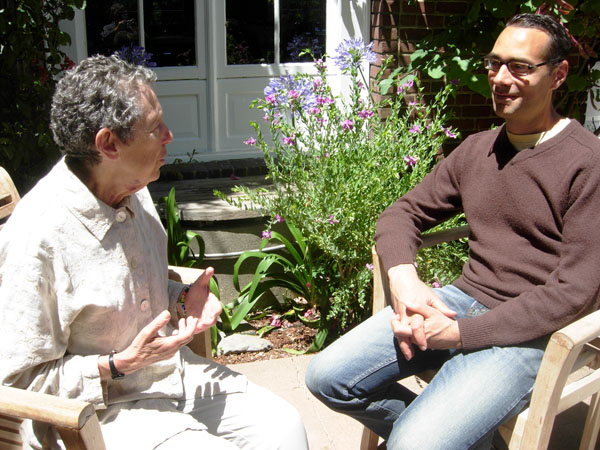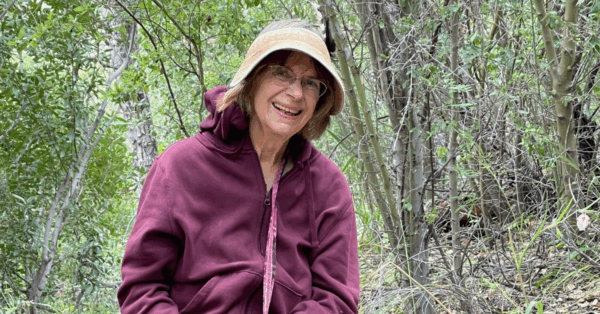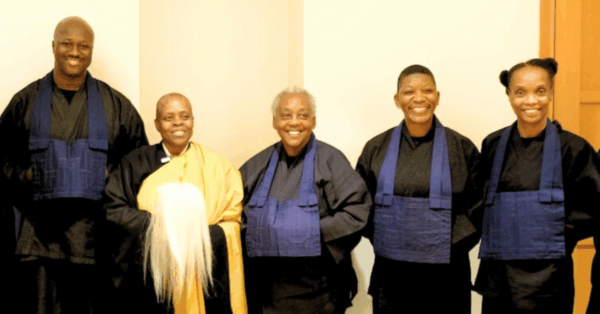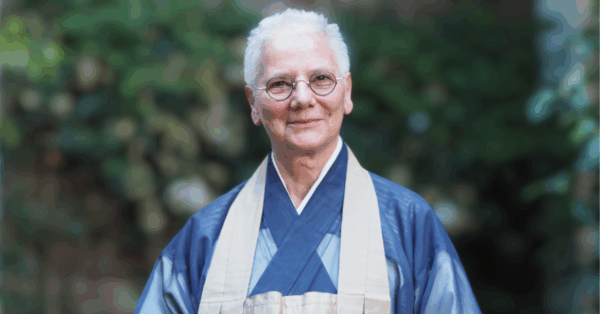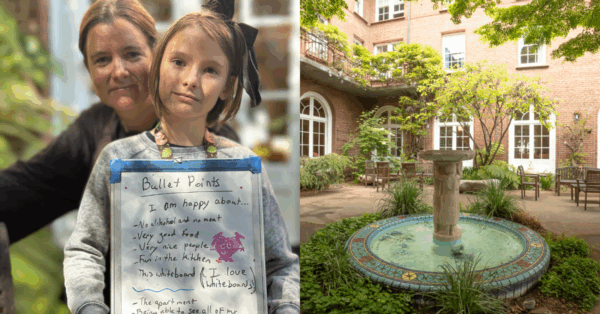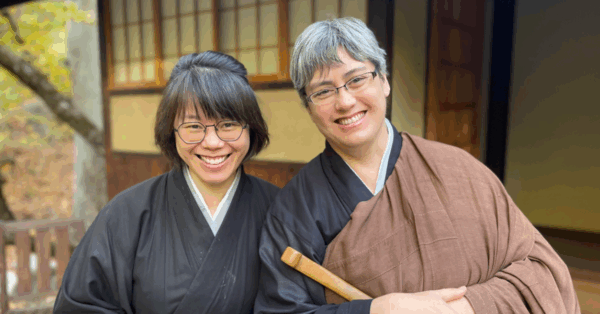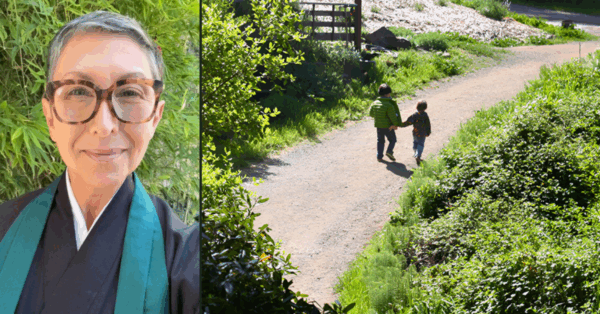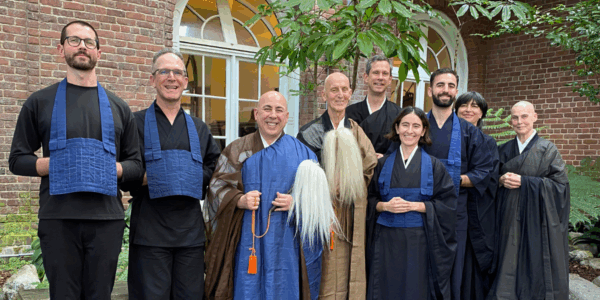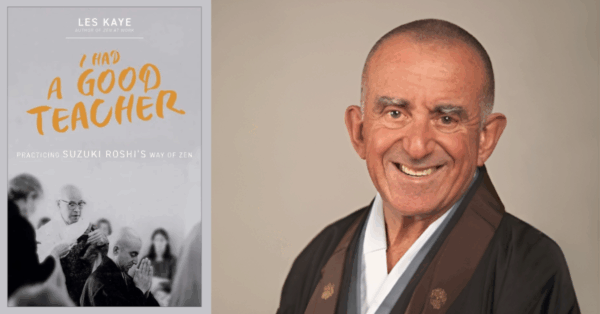Jisan Tova Green admits to a special fascination for words and how we use them in our interactions with others. She also recognizes the importance of listening in any conversation we have. Throughout her teaching career at Zen Center, Tova has offered various classes and workshops focusing on wise speech and kind speech, grounded in Buddhist teachings about effective communication. She continues this exploration with others in Speech That Connects Us: A Day-Long Workshop for Teachers, Parents, Social Workers, Nurses and Others.
Based on a few questions summarizing the types of issues addressed in her classes, Tova offers her reflections below on the delicate and profound nature of speech, which her workshop description calls “this necessary, challenging and rewarding aspect of life, work and relationships.”
What is meant by “speech that connects us”?
“When you say something to someone, she may not accept it, but do not try to make her understand it intellectually. Do not argue … just listen,” said Dogen, quoted by Suzuki Roshi in Zen Mind, Beginner’s Mind. Suzuki Roshi continues, “Try not to force your idea on someone, but rather think about it with him. If you feel you have won the discussion, that is also the wrong attitude.”
This is a key way to develop the practice of speech that connects us. Coming with an open, flexible mind, tuning in to oneself as we listen to another, can bring a spaciousness to a conversation, even a difficult conversation.
What gets in the way of connecting with someone in a conversation?
Listening is so important! Sometimes we are preoccupied or in a hurry and unable to listen in that moment. Sometimes what the other person is talking about is hard for us to hear, especially if strong emotions are involved. We may recall similar experiences we’ve had, and we may be inclined to give advice or tell our own experience rather than listening to the other person’s.
Our own biases often come up when we are listening to another person. It helps to be aware of them and how they may keep us from listening and trying to understand the other person’s perspective.
What is the particular relevance of this workshop for teachers, social workers, nurses and parents?
Although I think this workshop could be beneficial for everyone, teachers, social workers and nurses frequently find themselves needing to have difficult conversations in the course of their work. Because of my own social work experience I enjoy working with people in these professions. I also think parents may find it helpful to think aloud about their communication with other family members.
Why are some conversations so difficult?
Sometimes we postpone having conversations when we are upset by what someone has done or said, or when we disagree with someone. There may be power differentials that make it challenging to start a conversation. We may have strong feelings that we don’t know whether to express. We may feel unclear about what we want to say or how to say it.
 What can help us prepare for a difficult conversation?
What can help us prepare for a difficult conversation?
It’s helpful to get clarity about what actually happened, how we feel about it, and what parts of our identity are at stake. Talking with a friend, teacher or colleague, even practicing the conversation with them, can help us get clearer. The Buddha’s teachings about speech and the precepts about speech can also help us. Come to the workshop and learn more about helpful tools for wise speech!
__________
For more information or to register, see Speech That Connects Us.


